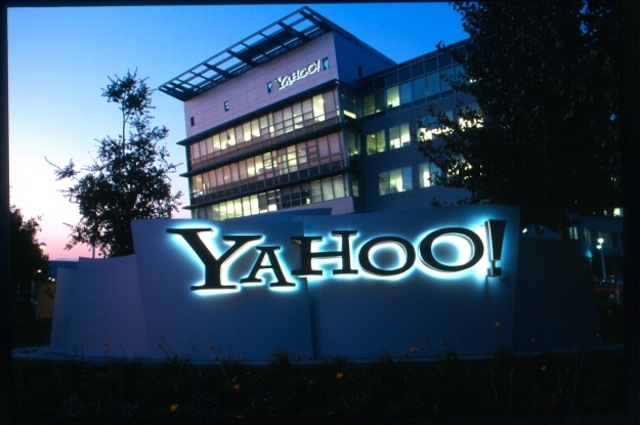Telecommuting promised, or still promises, to free caged office workers from their cubicles, relieve the sardine-tin conditions on our peak hour trains and reduce traffic congestion on clogged roads. But has that promise been lost like so many other predictions of the technology age?
Banning remote workers is the latest edict from Marissa Meyer as she continues her daunting task of turning around Yahoo!.
Meyer’s move follows Google’s Chief Financial Officer Patrick Pichette claiming telecommuting is counterproductive and discouraged at his company.
One of the great promises of the computer age – almost up there with the paperless office – is the ability to work from home as if you were sitting in an office.
So promising is telecommuting it’s one of the main selling points for Australia’s National Broadband Network.
Having two of Silicon Valley’s biggest companies come out against remote working, particularly Google with its reputation for innovation and creativity, seems to damn the practice.
This isn’t helped by Australia’s nanny state deciding that companies are liable for remote workers who manage to fall over in their own home – twice.
Risk is the real barrier to adopting telecommuting, the risk of a compensation claim for a remote working employee falling over while rummaging in their kitchen fridge is one aspect but a more a bigger risk in the mind of a bureaucrat is that a subordinate is not under their control.
Control is almost certainly what focuses Pichette’s mind. While Google is portrayed as a company full of original thinking, non-conformist geeks in reality only half the staff, at best, fit the stereotype while the rest are the same corporate bureaucrats you’ll find at an insurance company or a quantity surveyor’s office.
In the case of Yahoo! a decade of mismanagement has left the company unsure of who exactly works for them, Meyer’s solution is to order everyone into the office so she can count heads.
The fact that some Yahoo! staff will quit, others won’t be able to get to an office and some will turn out to have been long dead (with relatives gleefully cashing Yahoo!’s cheques) is a bonus for Meyer as she looks at reducing staff costs.
In reality remote working is growing, partly because so much of the white collar workforce has been contracted out and few freelancers are interested in hanging around clients’ offices if they can avoid it.
A bigger factor is that workplaces themselves are changing as fewer organisations need to have huge office blocks. While the cubicles themselves might not go away, they are going to be clustered where the customers and workforces are rather than locked away in modern ivory towers.
That has some major consequences for our workforces and cities which the bureaucrats – both in the private and public sectors – have barely started to get their heads around.
Photo of commuters at Liverpool Street Station courtesy of Genkaku aka James Farmer through SXC.hu




